Connect with us
News
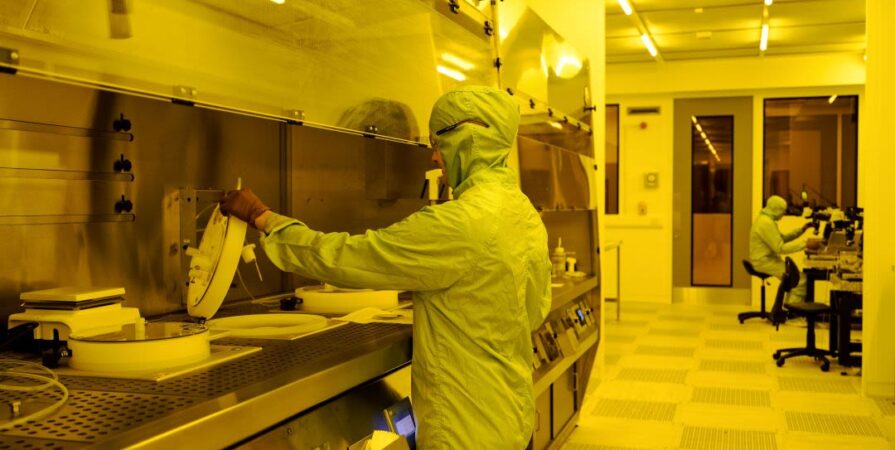
Cambridge’s new Ray Dolby Centre gives scientists space to think outside the box
A closer look at how the new home of the Cavendish Laboratory will inspire future scientific breakthroughs at Cambridge.
9 May 2025
News

Cambridge’s new Ray Dolby Centre gives scientists space to think outside the box
A closer look at how the new home of the Cavendish Laboratory will inspire future scientific breakthroughs at Cambridge.
9 May 2025
News
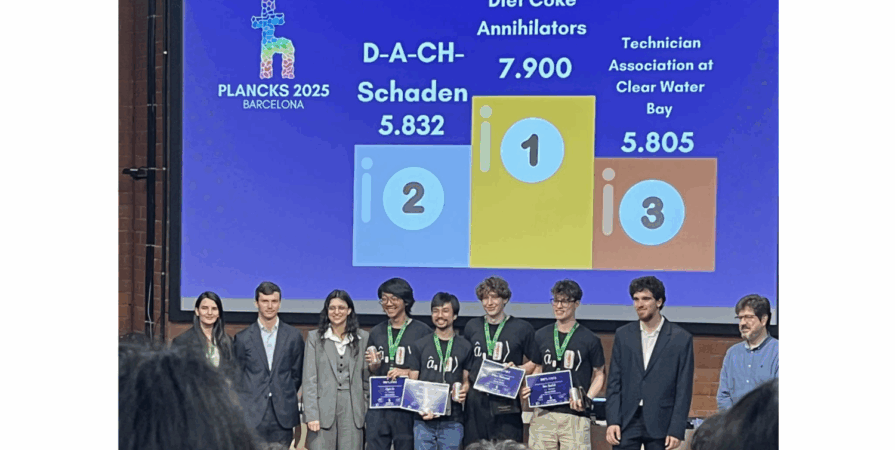
Cambridge Physics Team Wins International PLANCKS 2025 Final
A team of undergraduate students from the Cavendish Laboratory, the Diet Coke Annihilators—representing the UK & Ireland— has secured first place at the 2025 international final of the PLANCKS competition,...
8 May 2025
Blog
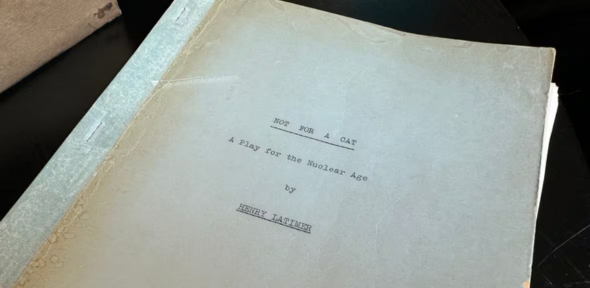
A legacy unveiled
In this #AnniversaryStory, Karen Harper narrates her journey as she uncovers the legacy of her grandparents, Wallace and Gladys Harper, who were both physicists at the Cavendish Laboratory in the...
1 April 2025
News
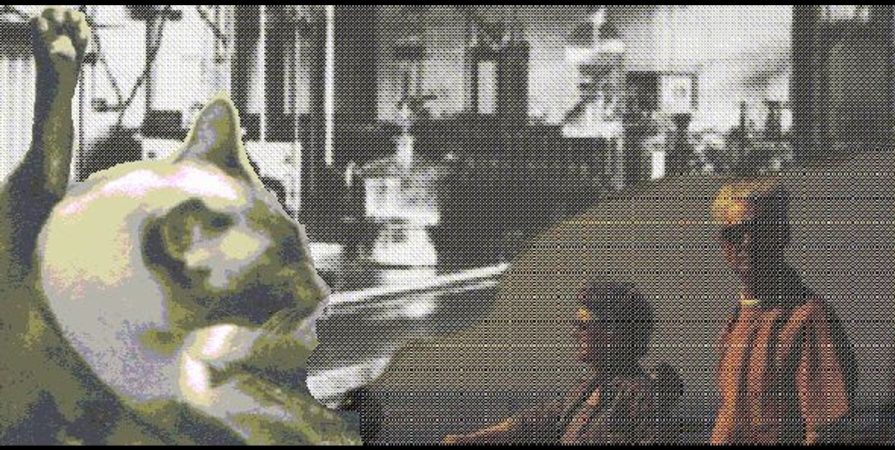
From family archive to stage: The remarkable journey of ‘Not for a cat’ play at the Cambridge Festival
A recently rediscovered play, Not for a Cat: A Play for the Nuclear Age, will be premiering at the Cambridge Festival. The play was originally written in the 1950s by Wallace R. Harper, a student at the Cavendish Laboratory at the University of Cambridge in the 1920.
31 March 2025
News
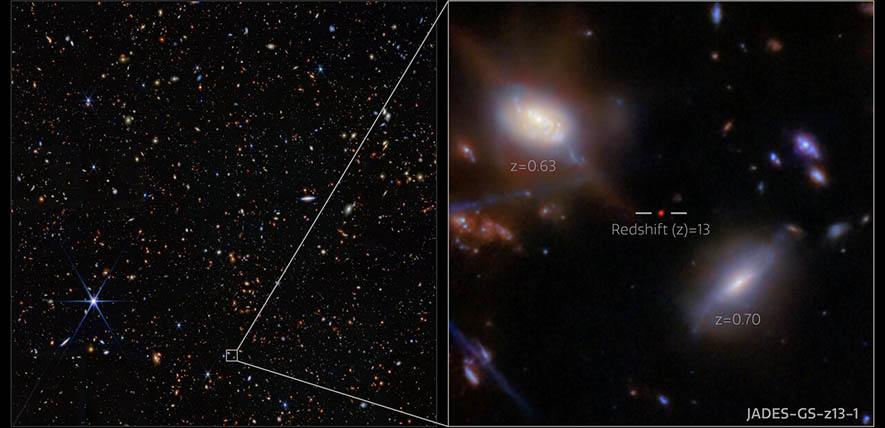
Webb Telescope sees galaxy in mysteriously clearing fog of early Universe
Astronomers have identified a bright hydrogen emission from a galaxy in the very early Universe. The surprise finding is challenging researchers to explain how this light could have pierced the thick fog of neutral hydrogen that filled space at that time.
26 March 2025
Blog
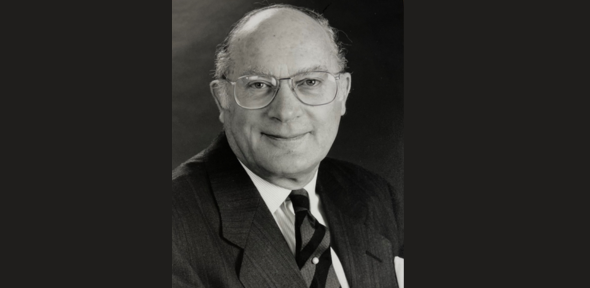
Metrology: Sir Alan Cook’s recipe for precision
Metrology is the study of measurements and units and though it may not seem as exciting as the quirks of quantum mechanics or the vastness of Space, it’s of the...
17 March 2025
News
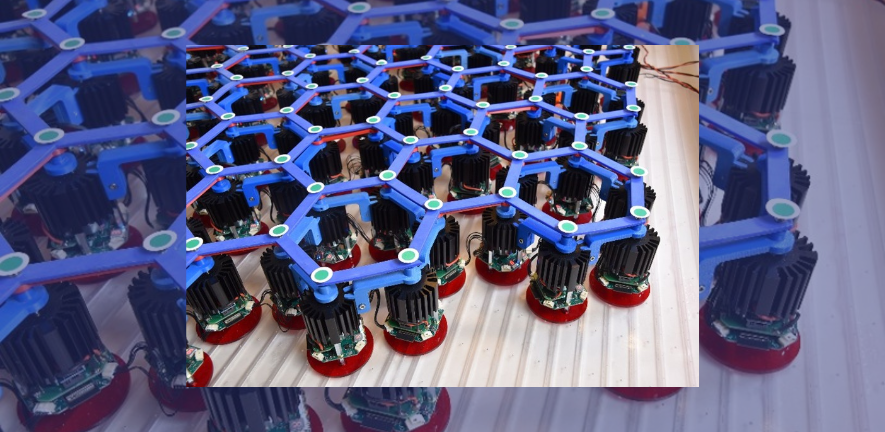
Scientists make ‘Odd’ objects that adapt and move without a brain
Inspired by how brainless lifeforms such as starfish and slime moulds move around, physicists have constructed ‘odd’ objects that autonomously roll, crawl and wiggle over unpredictable terrain, including uphill and...
13 March 2025
News
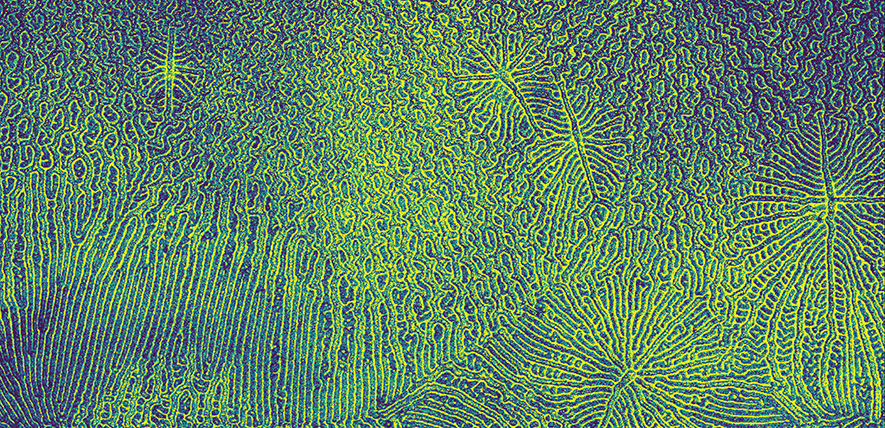
Spinning, twisted light could power next-generation electronics
Researchers have advanced a decades-old challenge in the field of organic semiconductors, opening new possibilities for the future of electronics.
13 March 2025